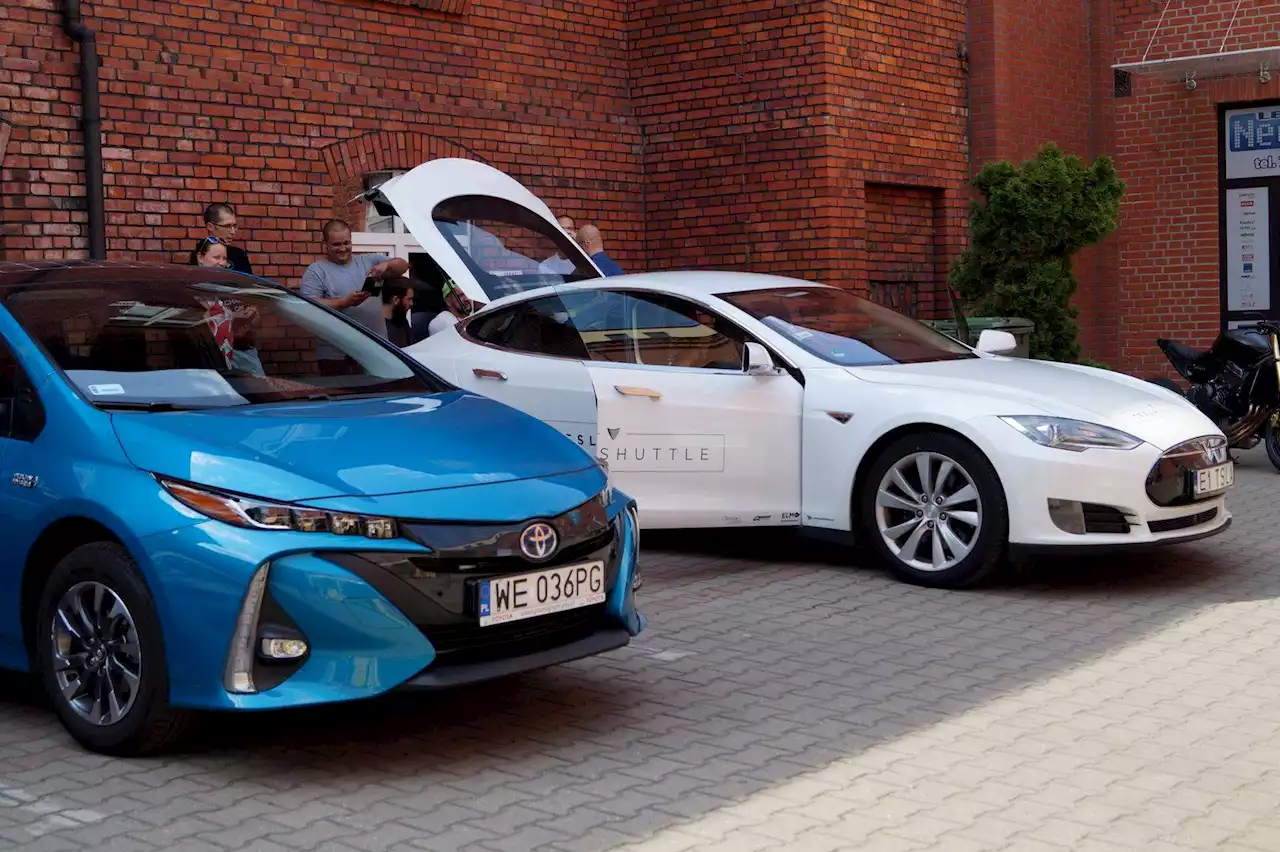Three experts contextualize Ukraine's struggle as part of a global movement against neoliberalism and debt.
Yurchenko: I’m plugging in today from Kraków train station, having just come from Ukraine, where I spent the last two weeks talking with activists and trade unionists and meeting friends and family and comrades. I have witnessed firsthand the difficulties, to put it mildly, that the country is experiencing. The individual stories of people are the most telling events.
Regarding the recovery plan that is on the table for Ukraine. I’m involved in organizing a number of alternative, parallel events with the London recovery conference that will take part in June [, June 21-22, 2023]. Last year in Switzerland, there was the first postwar recovery conference for Ukraine which had very amazing aims.
There is this assumption that people will simply come back and rebuild. I have already spoken to a number of trade unionists, and they’re saying that they’re losing those that could be be training new ones. This happening in key industries: construction, health care, in those sectors that are the backbone of every economy. There is this whole discussion about the IT sector being the pivot of reconstruction.
There is war, but there is no wartime economy. There is no initialization of key industries—indeed, privatization keeps happening. On top of this, we have an accumulation of debt through rapid financing instruments, through bond-selling. People have also maxed out their credit cards and borrowed from friends and relatives. That also needs to be talked about.
The U.S. has given grants to Ukraine. They are implementing something similar to the Marshall Plan at the end of the 1940s that rebuilt the European economies aligned with the USA during the Cold War. The U.S. understood that it’s better for its economy to give grants, but the grants are also linked with conditionalities. They ask the Ukrainian government to open space in the Ukrainian economy for U.S. interests. And although the U.S.
We have to understand that the question of the debt will be in some way at the center of the negotiation in the next few years as an instrument to impose more shock therapy. It won’t be to initiate shock therapy. The shock therapy had already happened in the 1990s and 2000s. This will make the situation more difficult for the people of Ukraine.
At this point in time, Ukraine is “caught between the devil and the deep blue sea.” It’s like a political chess board. But ultimately Ukrainians are paying for a game which is being decided somewhere else. A war is being funded with debt. And what do we have at the end? Economists are looking at 2027 as a reference point, assuming that the war ends sometime there. We don’t really know. There’s no light at the end of the tunnel.
All these struggles against illegitimate, odious debt are part of a common and united struggle— for a dream for a better world, for a transformative agenda. And for a transformative agenda, I think the cancellation of debt should be one of the major demands along with many other demands we should articulate.It’s extremely important to have such a forthright expression of solidarity with Ukraine from Global South activists given the debate that’s gone on throughout the world.
Now consider the sustainability principles that are proclaimed in their recovery plan. How do they not see the contradictions in this? Even if we are to assume that there was no foul play there are contradictions constantly. Their declared vision and their declared mission are in complete contradiction with the means they’re supposed to be executed with.
There are very big interests. Not only U.S. corporations are producing weapons but German, French, and UK corporations are producing and selling weapons to their government, which afterward are given to Ukraine—or whichRegarding the Global South, the OECD published figures of development aid that the North is “officially” giving to the Global South. They are now calculating the cost of helping Ukrainian refugees as part of the official development aid to the Global South.
There’s also a timeframe of 36 to 51 months, depending on the type of credit, that attracts a certain surcharge which is around 100 basis points. So, you have a 200 basis point charge, a 100 basis point, and on top of that you have the loans, which are effectively 8 percent. This is going to increase the cost of the loans that will come due in 2027.
United States Latest News, United States Headlines
Similar News:You can also read news stories similar to this one that we have collected from other news sources.
 Antioch: Three shootings leave one dead and at least three woundedThe apparently unrelated shootings happened overnight Friday.
Antioch: Three shootings leave one dead and at least three woundedThe apparently unrelated shootings happened overnight Friday.
Read more »
 Billy Baldwin says Gilgo Beach suspect was his high school classmateRex Heuermann pleaded not guilty to three counts of first-degree murder and three counts of second-degree murder after he was charged with killing three women.
Billy Baldwin says Gilgo Beach suspect was his high school classmateRex Heuermann pleaded not guilty to three counts of first-degree murder and three counts of second-degree murder after he was charged with killing three women.
Read more »
 Is Toyota Finally Facing Tesla Shock? - CleanTechnicaToyota has long been king of the hill in the auto world, or at least competing for that title with Volkswagen Group if you added up all its brands and it was having a good year. At the top of the mountain for overall sales and also in the model sales rankings, you’d find Toyota […]
Is Toyota Finally Facing Tesla Shock? - CleanTechnicaToyota has long been king of the hill in the auto world, or at least competing for that title with Volkswagen Group if you added up all its brands and it was having a good year. At the top of the mountain for overall sales and also in the model sales rankings, you’d find Toyota […]
Read more »
 15 Greatest Avengers Members Who Joined in the 2010s (Ranked)The Avengers roster expanded greatly in the 2010s to include mutants, horror characters, and former super-villains, with some breakout stars.
15 Greatest Avengers Members Who Joined in the 2010s (Ranked)The Avengers roster expanded greatly in the 2010s to include mutants, horror characters, and former super-villains, with some breakout stars.
Read more »
 Resurfaced Reports Show the Major Thing Meghan Markle & King Charles III Had in CommonDid you know Meghan Markle and King Charles III share this in common?!
Resurfaced Reports Show the Major Thing Meghan Markle & King Charles III Had in CommonDid you know Meghan Markle and King Charles III share this in common?!
Read more »
